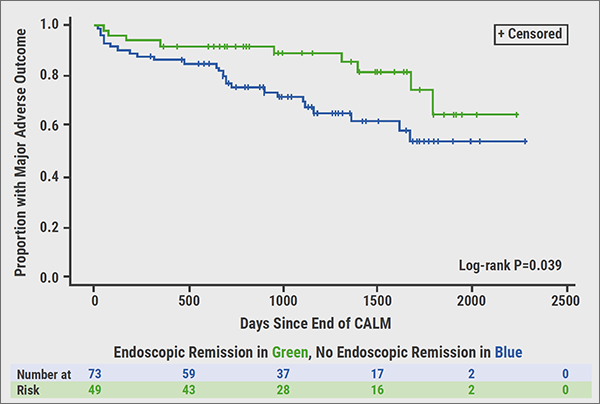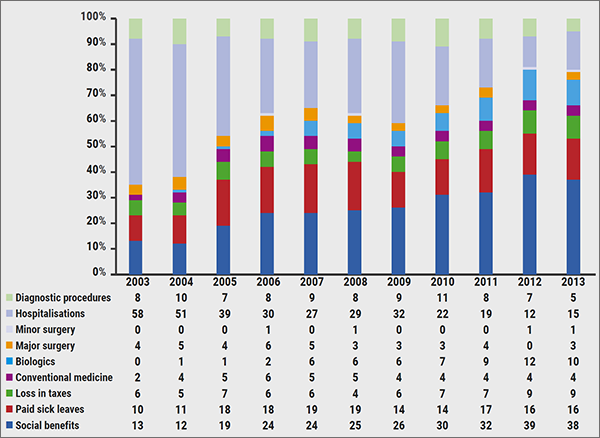https://doi.org/10.55788/d7aced69
In the preclinical study presented at ECCO 2019, HDAC6 was overexpressed in colon tissue of patients with Crohn’s disease and ulcerative colitis [1]. In vitro, HDAC6 overexpression by plasmid DNA strongly induced the production of various inflammatory mediators, especially TNFα, IL-6, IP-10, and ROS production from macrophages. However, CKD-506 inhibited HDAC6-mediated inflammatory responses in macrophages through NF-κB and AP-1. In vivo, CKD-506 strongly inhibited disease activity indexes in DSS-, TNBS-, piroxicam- (IL-10−/−)-, and adaptive T cell transfer-mediated colitis. In acute colitis models, CKD-506 inhibited IL-6 and TNFα expression in colon tissue of DSS-induced colitis; it also inhibited ICAM-1, VCAM-1, and IP-10 expression in colon tissue of a TNBS-induced colitis model. In addition, CKD-506 inhibited IκB phosphorylation, IL-6, and TNFα expression in colon tissue and mononuclear cells of lamina propria in piroxicam-induced colitis of IL-10−/− mice. Moreover, CKD-506 inhibited various inflammatory cytokines in serum as well as in colon tissue of T cell adaptive transfer colitis of RAG−/− mice.
- Shin J, et al. ECCO 2019, OP23.
Posted on
Previous Article
« Letter from the Editor Next Article
Topical review »
« Letter from the Editor Next Article
Topical review »
Table of Contents: ECCO 2019
Featured articles
Interview with Prof. Janneke van der Woude
New Compounds: Study Results
Short-term and Long-term Treatment Results
The right drug for the right patient
Vedolizumab superior to adalimumab in ulcerative colitis
Complementary and Alternative Medicine
Crohn’s disease exclusion diet + partial enteral nutrition in paediatric Crohn’s disease
Microbial composition and psychological wellbeing
Remission
Early remission of Crohn’s disease prevents progression
Proactive adalimumab trough measurements
Observational Studies
IBD risk of treatment with IL-17 antagonists
Basic and Preclinical Research
Immune cells and microbes: a happy marriage?
Genetics
Related Articles

May 9, 2019
Vedolizumab: Results from the GEMINI programme

May 9, 2019
The costs and benefits of biologicals
© 2024 Medicom Medical Publishers. All rights reserved. Terms and Conditions | Privacy Policy

